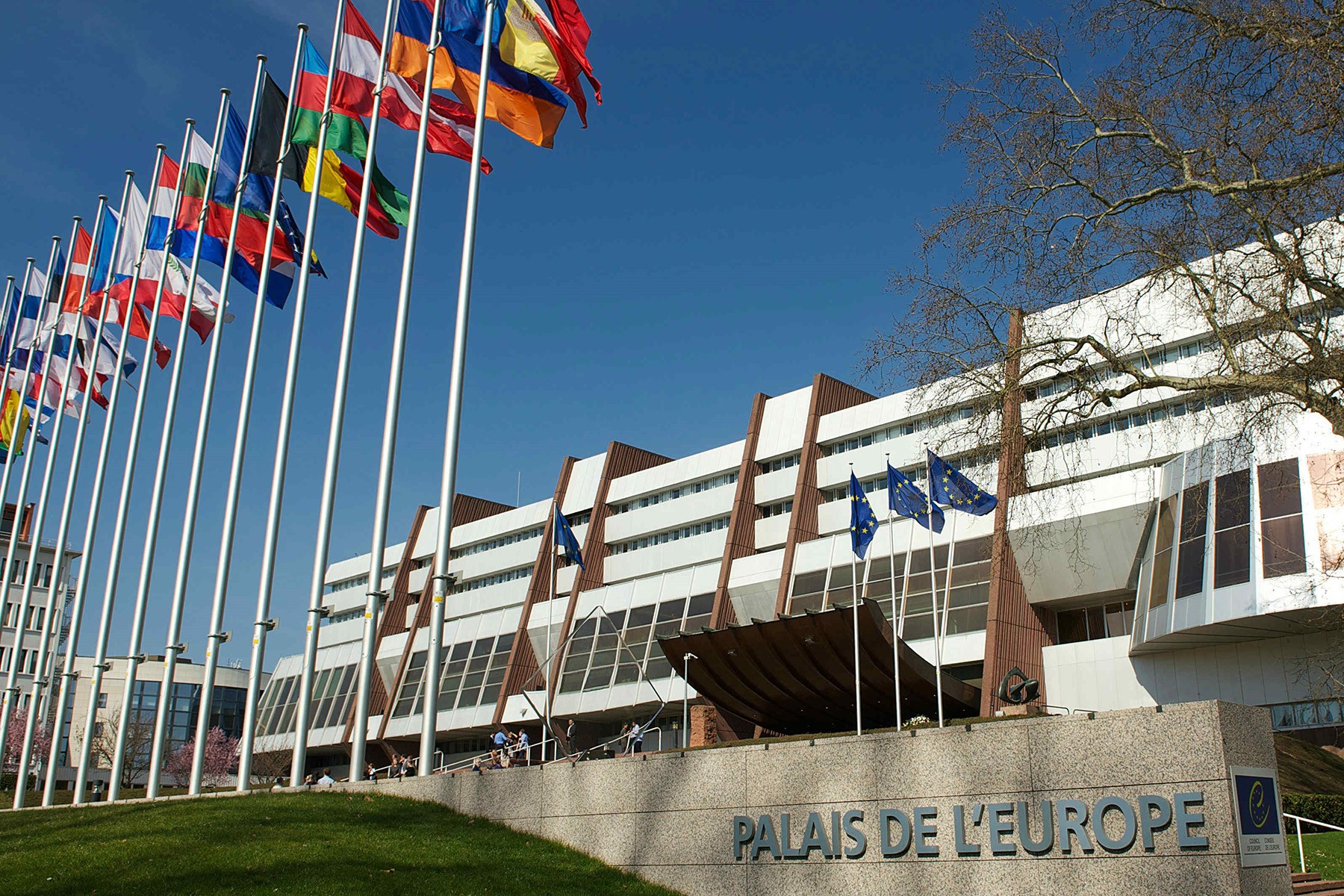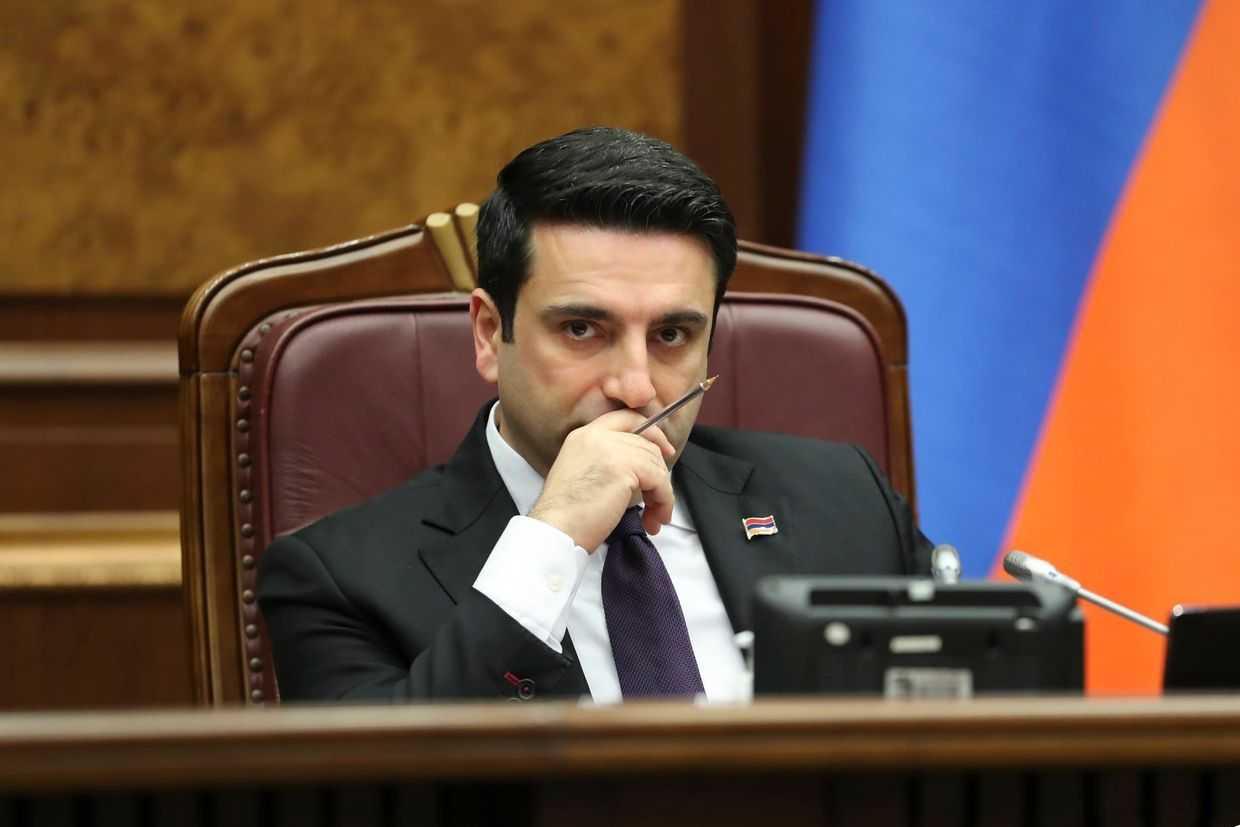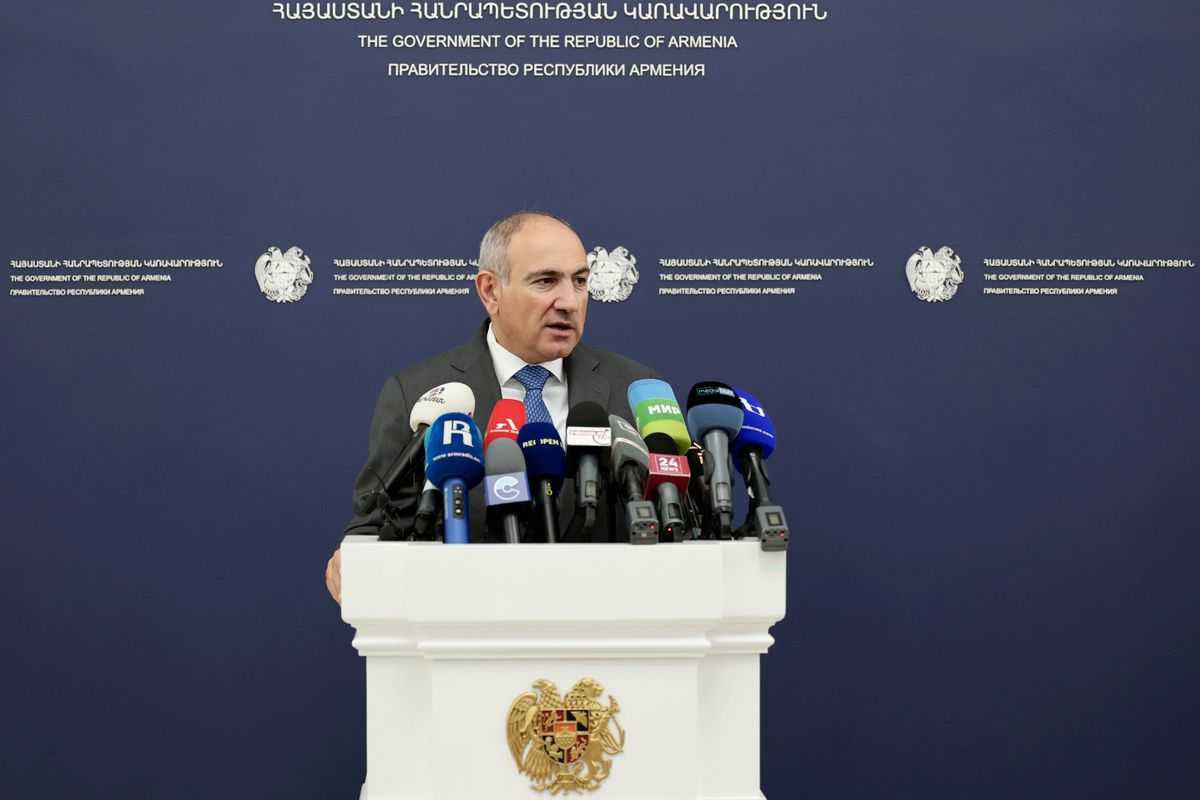
Armenia was the sole country in the Council of Europe to join the Russian delegation in voting against a decision to suspend Russia from the organisation over their invasion of Ukraine.
The decision was adopted by the Council’s Committee of Ministers on Friday, two days after Russia’s invasion.
As a result, Russia will lose representation in the Committee of Ministers and in the Parliamentary Assembly of the Council of Europe. It will remain subject to the European Convention on Human Rights and the European Court of Human Rights.
The proposal, which was tabled by Poland and Ukraine, was reportedly supported by 42 of 47 members.
Georgian authorities have confirmed that they voted in favour of Russia’s suspension.
Several international media outlets, citing diplomatic sources, reported that Azerbaijan did not attend the vote while Turkey abstained.
The President of the Committee of Ministers, Italy’s Luigi Di Maio, called the Russian military aggression against Ukraine ‘unacceptable’.
Russia has been a member of the Council of Europe since 1996 and was previously suspended in the wake of their annexation of the Crimean Peninsula in 2014.
The Armenian Foreign Ministry and other officials have remained widely silent on the vote to suspend Russia, as well as developments in Ukraine in general.
The ministry did put out a statement on Wednesday, a day before the invasion, insisting that Armenia was not planning to follow Russia in recognising Donetsk and Luhansk as independent states.
Richard Giragosian, the director of the Regional Studies Center, a Yerevan-based think tank, said the Armenian government was adopting a policy of ‘strategic silence’, designed to do no more than the bare minimum not to defy Moscow.
‘But there are limits to such “strategic silence” by Armenia, as demonstrated by Armenia’s reluctant vote in the Council of Europe against the move to suspend Russia from that body’, Giragosian told OC Media.
‘And although Armenia’s position, as the only other country besides Russia to oppose that move, dangerously isolates Armenia, there was little choice and even less of an alternative for Armenia’.
‘[Armenia has] struggled to maintain a strategic “balance” between its security partnership with Russia and its interest in deepening ties to the EU and the West for over the past twenty years’, Giragosian said, adding that the situation had become ‘more difficult’ since the 2020 Second Nagorno-Karabakh.
[Read on OC Media: The EU and Armenia, partners in reform?]
Giragosian warned that Russias’s demands for greater support and more open loyalty posed a danger to Armenia diplomatically.
‘Any sense of diplomatic balance may be lost, threatening to push Armenia into a vulnerable and isolated position on the wrong side of history.’








